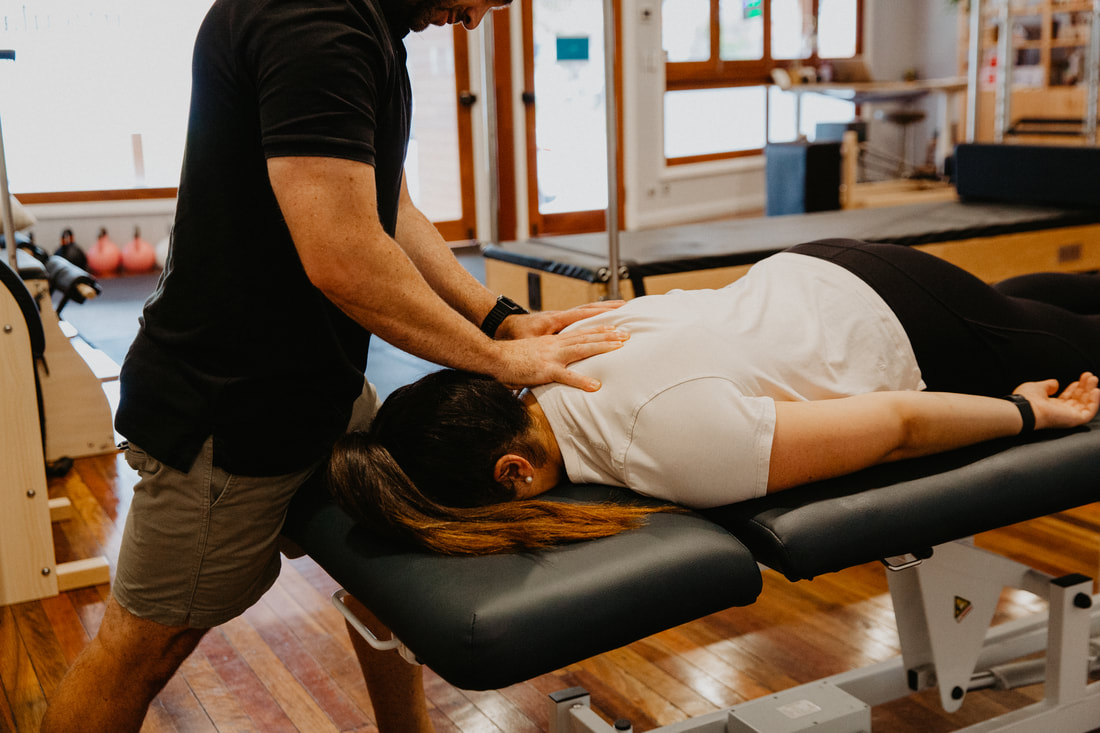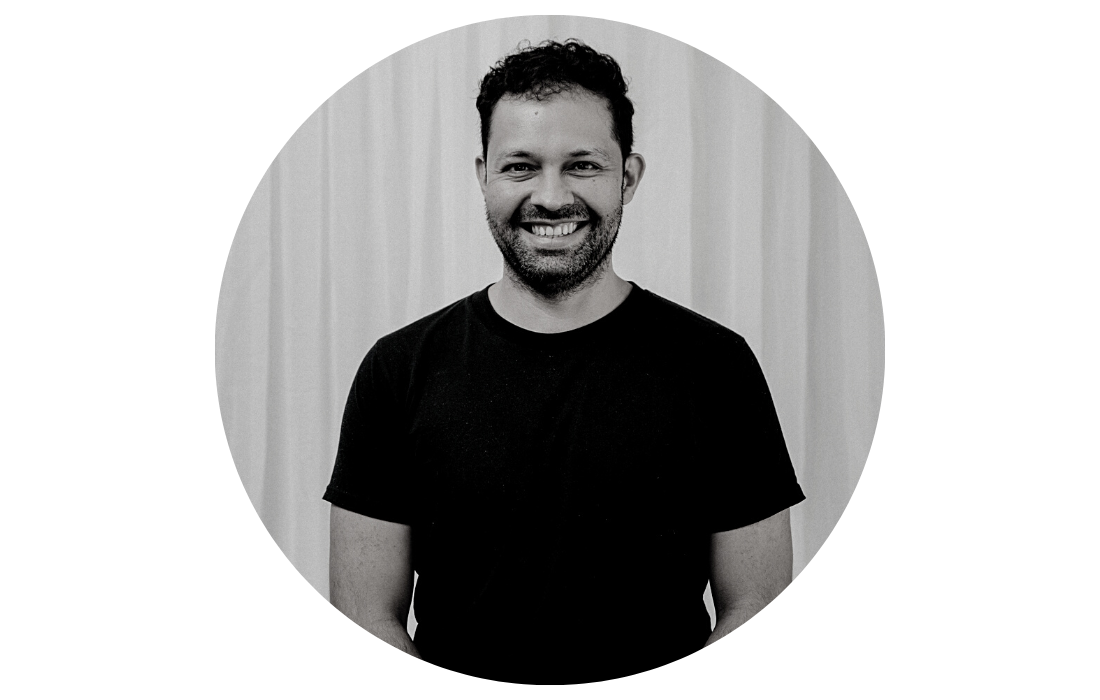Sports injury physiotherapy for triathletes.
Triathlon and the Role of a Specialised Physiotherapist
Triathlon is an endurance sport that tests athletes across three disciplines: swimming, cycling, and running. Each segment challenges different muscle groups and requires specific skills, making it a highly demanding sport both physically and mentally. Triathletes must maintain peak physical condition to perform well in all three areas, often leading to a high training volume that can increase injury risk.
Key Aspects of Triathlon:
The Importance of a Physiotherapist Specialised in Triathlon:
What Are Common Injuries Among Triathletes?
Triathlon, encompassing three diverse endurance sports, often leads to specific types of injuries:
How Can Triathletes Prevent These Injuries?
Injury prevention is crucial for triathletes:
What Physiotherapy Treatments Are Effective for Triathlon Injuries?
Physiotherapy is vital in treating and managing injuries in triathlon:
When Should a Triathlete Consult a Physiotherapist?
Professional guidance is recommended in various scenarios:
How Can Physiotherapy Help in Long-Term Injury Prevention for Triathletes?
Long-term injury prevention is essential for triathletes:
What Recovery Strategies Should Triathletes Employ?
Effective recovery strategies are crucial for triathletes:
If you have been injured during triathlon's, there are many things that our Tarragindi physiotherapists can do to help get you back to being sport ready and active again so come in and speak to our friendly physiotherapists today! Feel free to give our Tarragindi Physiotherapy clinic a call on 07 3706 3407 or email [email protected]
Triathlon is an endurance sport that tests athletes across three disciplines: swimming, cycling, and running. Each segment challenges different muscle groups and requires specific skills, making it a highly demanding sport both physically and mentally. Triathletes must maintain peak physical condition to perform well in all three areas, often leading to a high training volume that can increase injury risk.
Key Aspects of Triathlon:
- Endurance and Versatility: Triathletes need the endurance to compete in long-distance events and the versatility to switch between different sports.
- Repetitive Stress: Each discipline comes with its own set of repetitive movements that can lead to overuse injuries.
- Transition Challenges: Quickly transitioning from one discipline to another requires adaptability and can be physically demanding.
The Importance of a Physiotherapist Specialised in Triathlon:
- Injury Prevention and Management: A physiotherapist with expertise in triathlon can provide targeted injury prevention strategies and effective rehabilitation plans, tailored to the diverse needs of the sport.
- Performance Optimization: Understanding the biomechanics of swimming, cycling, and running, a physiotherapist can assist athletes in refining their techniques and enhancing their overall endurance and efficiency.
- Recovery and Conditioning Advice: Specialized physiotherapists can offer guidance on recovery techniques and conditioning exercises appropriate for triathletes, crucial for maintaining fitness and preventing injuries.
What Are Common Injuries Among Triathletes?
Triathlon, encompassing three diverse endurance sports, often leads to specific types of injuries:
- Overuse Injuries: Such as tendinitis and stress fractures, due to the high volume of training.
- Swimming-Related Injuries: Including shoulder impingement and rotator cuff issues from repetitive strokes.
- Cycling-Related Injuries: Such as knee pain, lower back pain, and wrist or forearm discomfort from prolonged riding positions.
- Running-Related Injuries: Including shin splints, plantar fasciitis, and IT band syndrome due to repetitive impact.
- Transition Injuries: Occurring during the switch between disciplines, often due to rapid changes in muscle use.
How Can Triathletes Prevent These Injuries?
Injury prevention is crucial for triathletes:
- Balanced Training: Managing the training load across all three disciplines to avoid overtraining.
- Proper Technique: In swimming, cycling, and running to minimize stress on the body.
- Strength and Flexibility Training: To build a balanced musculoskeletal system capable of enduring triathlon’s demands.
- Adequate Recovery: Including rest days and proper nutrition to facilitate muscle repair and recovery.
- Using Appropriate Equipment: Such as well-fitted bicycles, proper running shoes, and ergonomic swimming gear.
What Physiotherapy Treatments Are Effective for Triathlon Injuries?
Physiotherapy is vital in treating and managing injuries in triathlon:
- Manual Therapy: Including massage, joint mobilization, and stretching to alleviate pain and improve movement.
- Tailored Exercise Rehabilitation: Specific exercises to strengthen and rehabilitate injured areas.
- Biomechanical Assessments: Evaluating technique in each sport to identify and address potential issues.
- Pain Management Techniques: Utilizing ice therapy, heat therapy, or ultrasound as needed.
- Injury Prevention Education: Providing guidance on training, technique, and equipment use.
When Should a Triathlete Consult a Physiotherapist?
Professional guidance is recommended in various scenarios:
- Post-Injury: For an accurate diagnosis and comprehensive rehabilitation plan.
- Persistent Pain or Discomfort: Especially if it affects performance or training.
- Technique Improvement: To enhance efficiency and reduce injury risk in swimming, cycling, or running.
- Preventive Measures: Learning effective strategies to minimize future injury risks.
How Can Physiotherapy Help in Long-Term Injury Prevention for Triathletes?
Long-term injury prevention is essential for triathletes:
- Personalized Exercise Programs: Focused on the specific needs of triathletes, considering strength, flexibility, and endurance.
- Regular Physical Assessments: To monitor progress and adjust training as needed.
- Movement Technique Analysis: Enhancing technique in swimming, cycling, and running.
- Nutritional and Lifestyle Advice: To support overall health and enhance triathlon performance.
What Recovery Strategies Should Triathletes Employ?
Effective recovery strategies are crucial for triathletes:
- Active Recovery: Engaging in light activities to promote circulation and muscle recovery.
- Nutrition and Hydration: Key for muscle repair and maintaining energy levels.
- Adequate Sleep: Essential for physical and mental recovery.
- Stress Management: Utilizing relaxation techniques to maintain a healthy mental state.
If you have been injured during triathlon's, there are many things that our Tarragindi physiotherapists can do to help get you back to being sport ready and active again so come in and speak to our friendly physiotherapists today! Feel free to give our Tarragindi Physiotherapy clinic a call on 07 3706 3407 or email [email protected]
Who to book in with:
Yulia Khasyanova
|
Monica Hanna
|
Mauricio Bara
|



